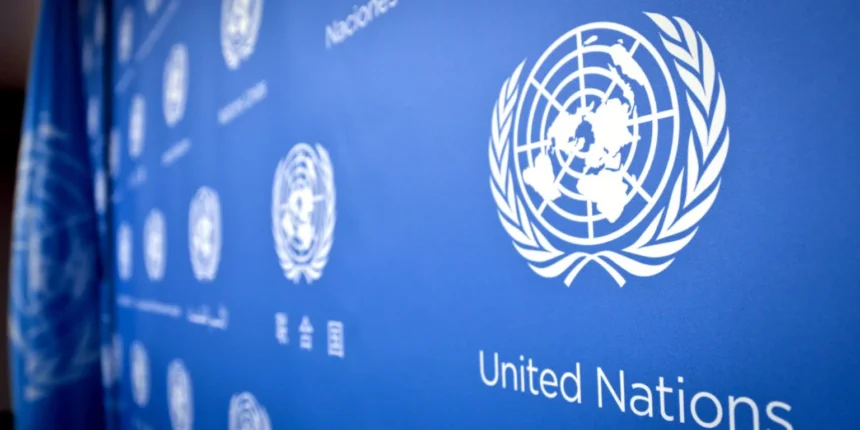Olusegun Ariyo
Any ardent news watcher will observe that the world climate summit in Copenhagen, Denmark has one resounding theme – climate change is happening, it is accelerating and its current pace is breath taking. Although, in times past, there have been series of climate change issues: this one is peculiar in that, it is caused largely by humankind, Induced by the world emission of greenhouse gases, since the dawn of the industrial revolution. These greenhouse gases are responsible for global warming which loosely is often used synonymous with climate change, the effect of climate change has no border across the globe and compelling evidence shows that equivocal action must be taken now.
This is true in the face of devastating recent climate events like the tropical cyclone in Myanmar and the Caribbean, wide spread flooding in India and China, and drought in Africa that laid waste productive land, natural resources and even human capital. We need to be aware that resent data released by the United Nation’s Center for human settlement confirm that almost 40 percent of the world populations is less than 60 miles from the coast and these populations are mostly in the cities. In addition, it was noted that 100 million people lived less than one meter above sea level thus making them vulnerable to coastal erosion and rising sea levels. Salt-water contamination and where potentially more storms that are power full are found.
This means that if sea level rises by just one meter, many coastal mega cities with population of more than 10 million people will be affected of which Lagos is not an exception. A number of arguments and counter arguments have emerged in recent years as concerned the extent of contribution of various nations to climate change, with the United State topping the list.
A world forum that was held in 1997 at Kyoto, Japan deliberated on issues and ways by which the effects can be mitigated, this outcome was the churning of Kyoto Protocol, which employs all the Annex 1 countries to cut down their carbon emission by six percent from considerable level and in addition, they should support the developing nations in coping with the effects of climate change. Very few nations if any, meet the Kyoto target of reducing carbon dioxide emission, six percent below sea levels hence, there was the need for the Copenhagen round table to redress the short falls.
The Copenhagen talk was watershed in that, it gave climate change a human face by strengthening increased focus on women, youth and the very poor especially in the developing countries. It recognizes that the poorer countries global environment change represents a fundamental development challenge that can undermine all recent development gained, and increased human poverty and vulnerability if not well managed.
It is no coincidence that global climate change has become a leading international developmental issue; this is because the fate of humanity is hanging on this balance. African countries, in coping with climate change are bested with many challenges. Top among these is poverty, weak institutional frame work, Lack of political will, inconsistencies in government policies and illiteracy.
For instance, recent finding indicates that approximately 64 percent of the population in Africa and South Asia still lives below US$2 per day. In Nigeria, it was estimated by the United Nation Development Program (UNDP), 2005, that 70.8 percent of the population are living on one dollar per day while 92.4 percent lived on two dollars a day from 1990-2005 in the UNDP’s Human poverty Index. HPL Classification, Nigerian was ranked 80, with adult illiteracy level pegged at 30.9, percent that is made up of citizens who were between 15 years and above from 1995-2005, with this, it becomes relatively difficult for an average Nigerian to feed let alone be aware of the challenges posed by climate change. Although it has been argued that Nigerian as an African nation has little contribution to greenhouse gas buildup.
This does not exonerate her from the consequences. Remember the African adage that says, if heaven is going to fall, it is going to fall on everybody. When the consequences of Climate Change become aggravated, we are all going to bear the burden irrespective of who the culprit is, it is a known fact that at present. Nigerian has little or no capacity to address the challenges.
This can be seen from many disasters that have happened over the years in Nigeria. We are all living witness that when calamity occurs, the institutions set-up like the Nigeria Emergency Management Authority (NEMA) has little or no capacity to cope with them. We must not leave our future to fate. we all have responsibilities although different, but common towards ensuring that we do not waste ourselves or mortgage our future to what we can’t correct, posterity will not forgive us if out of our own negligence we alter the ability of them in meeting their own needs






